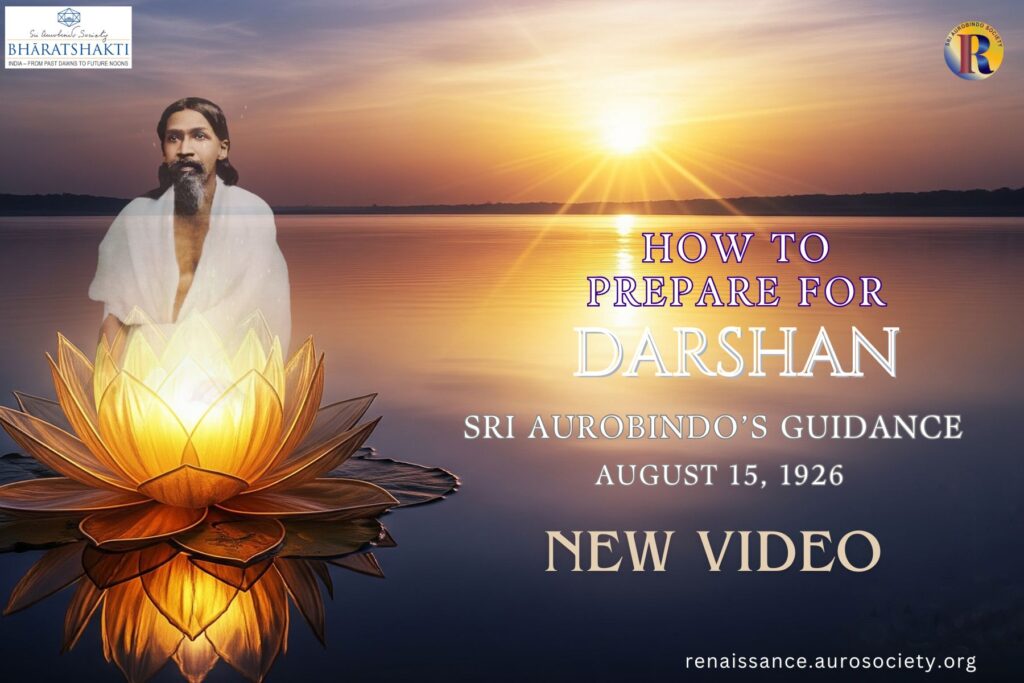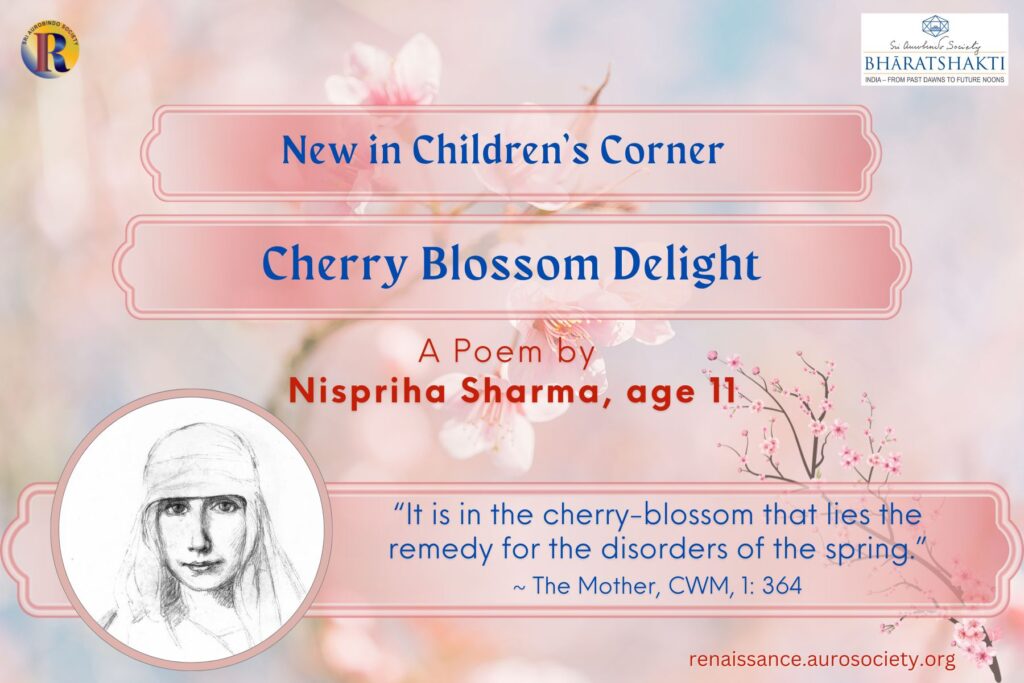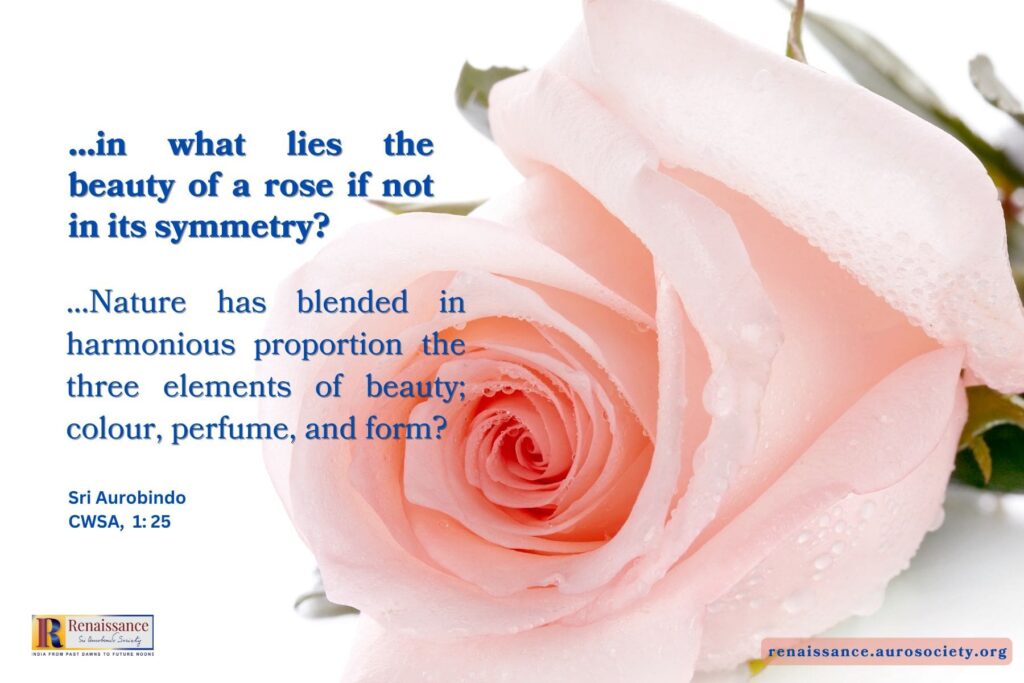Volume II, Issue 7
Author: The Mother
Editor’s Note: Read here a few delightful passages from the Mother which speak of the deep aspiration or yearning in Nature, the trees, the animals, all life. This is a yearning to grow in consciousness.

Have you never watched a forest with all its countless trees and plants simply struggling to catch the light—twisting and trying in a hundred possible ways just to be in the sun? That is precisely the feeling of aspiration in the physical—the urge, the movement, the push towards the light. Plants have more of it in their physical being than men. Their whole life is a worship of light.
Light is of course the material symbol of the Divine, and the sun represents, under material conditions, the Supreme Consciousness. The plants have felt it quite distinctly in their own simple, blind way. Their aspiration is intense, if you know how to become aware of it.
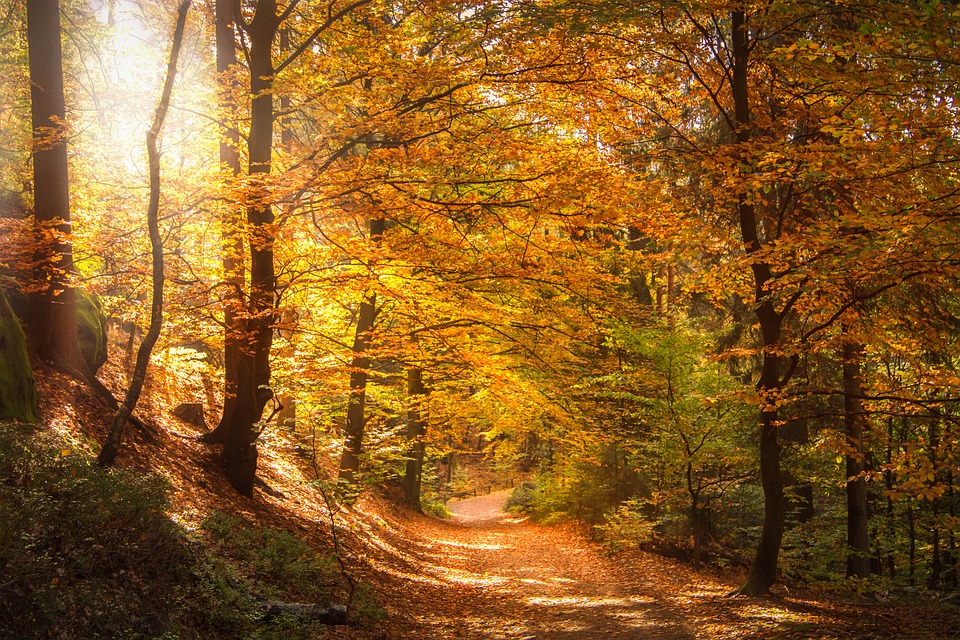
On the plane of Matter they are the most open to my influence—I can transmit a state of consciousness more easily to a flower than to a man: it is very receptive, though it does not know how to formulate its experience to itself because it lacks a mind. But the pure psychic consciousness is instinctive to it.
When, therefore, you offer flowers to me their condition is almost always an index to yours. There are persons who never succeed in bringing a fresh flower to me—even if the flower is fresh it becomes limp in their hands. Others, however, always bring fresh flowers and even revitalise drooping ones. If your aspiration is strong your flower-offerings will be fresh.
And if you are receptive you will be also very easily able to absorb the message I put in the flowers I give you. When I give them, I give you states of consciousness; the flowers are the mediums and it all depends on your receptivity whether they are effective or not.
~ The Mother, CWM, Vol. 3, p. 132
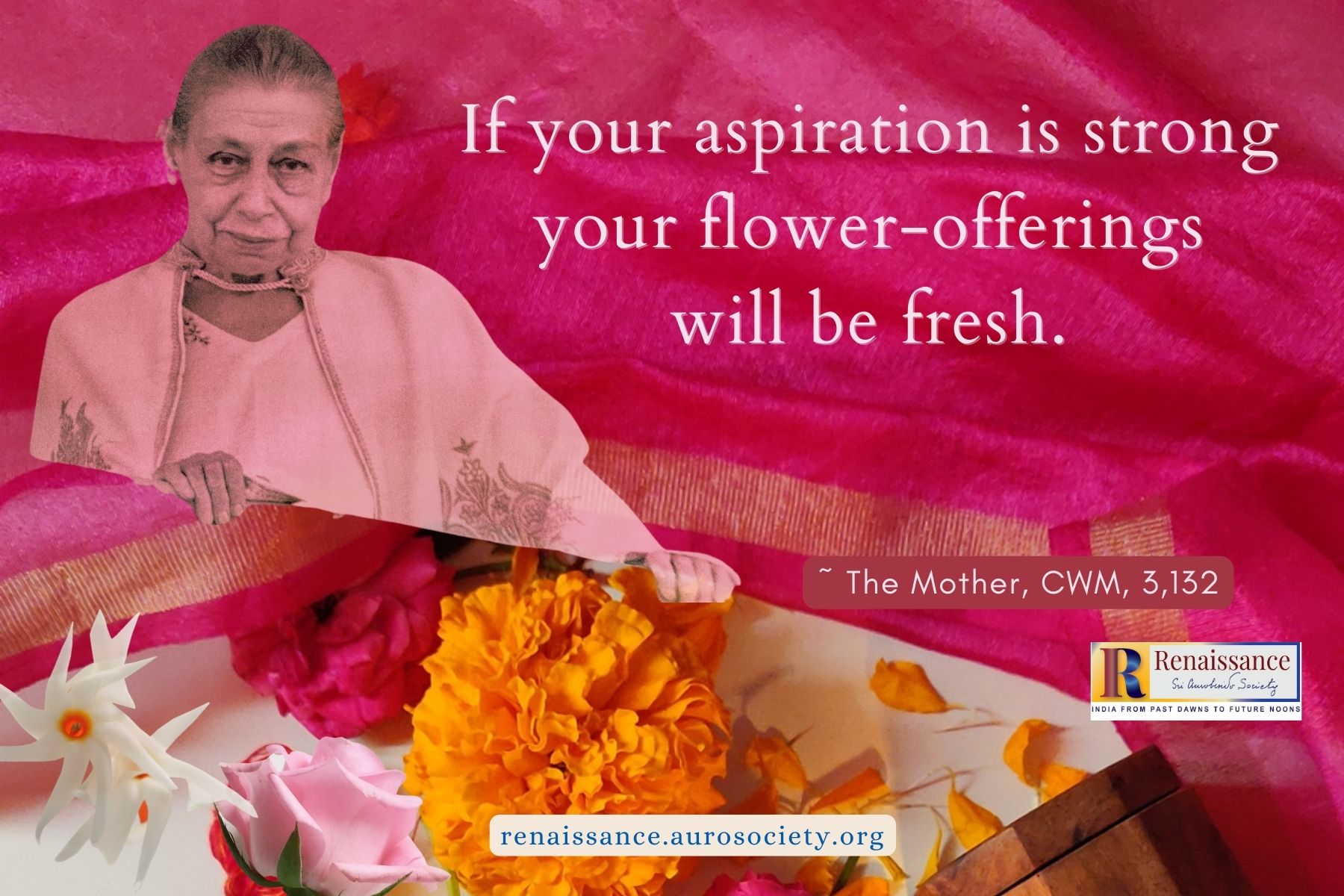
When the sun sets and all becomes silent, sit down for a moment and put yourself into communion with Nature: you will feel rising from the earth, from below the roots of the trees and mounting upward and coursing through their fibres up to the highest outstretching branches, the aspiration of an intense love and longing,—a longing for something that brings light and gives happiness, for the light that is gone and they wish to have back again.
There is a yearning so pure and intense that if you can feel the movement in the trees, your own being too will go up in an ardent prayer for the peace and light and love that are unmanifested here.
~ The Mother, CWM, Vol. 3, p. 72

The Cat who Aspired to be a Human Being
There was a cat. . . what its name was I don’t know; and I had many cats, you know, so I don’t remember now; there was one called Kiki, it was the first son of this cat, and then there was another, its second son (that is to say, born another time) which was called Brownie.
This one was admirable and it died of the cat disease—as there is a disease of the dogs, there is a disease of the kittens—I don’t know how it caught the thing, but it was wonderful during its illness and I was taking care of it as of a child. And it always expressed a kind of aspiration.
There was a time before it fell ill . . . we used to have in those days meditation in a room of the Library House, in the room there—Sri Aurobindo’s own room—and we used to sit on the floor. And there was an armchair in a corner, and when we gathered for the meditation this cat came every time and settled in the armchair and literally it entered into a trance, it had movements of trance; it did not sleep, it was not asleep, it was truly in a trance; it gave signs of that and had astonishing movements, as when animals dream; and it didn’t want to come out from it, it refused to come out, it remained in it for hours.
But it never came in until we were beginning the meditation. It settled there and remained there throughout the meditation. We indeed had finished but it remained, and it was only when I went to take it, called it in a particular way, brought it back into its body, that it consented to go away; otherwise no matter who came and called it, it did not move.
Well, this cat always had a great aspiration, a kind of aspiration to become a human being; and in fact, when it left its body it entered a human body. Only it was a very tiny part of the consciousness, you see, of the human being. . . But this one was a cat which leaped over many births, so to say, many psychic stages to enter into contact with a human body. It was a simple enough human body, but still, all the same. . .
There is a difference in the development of a cat and of a human being. . .
It happens. . . I think these are exceptional cases, but still it happens.
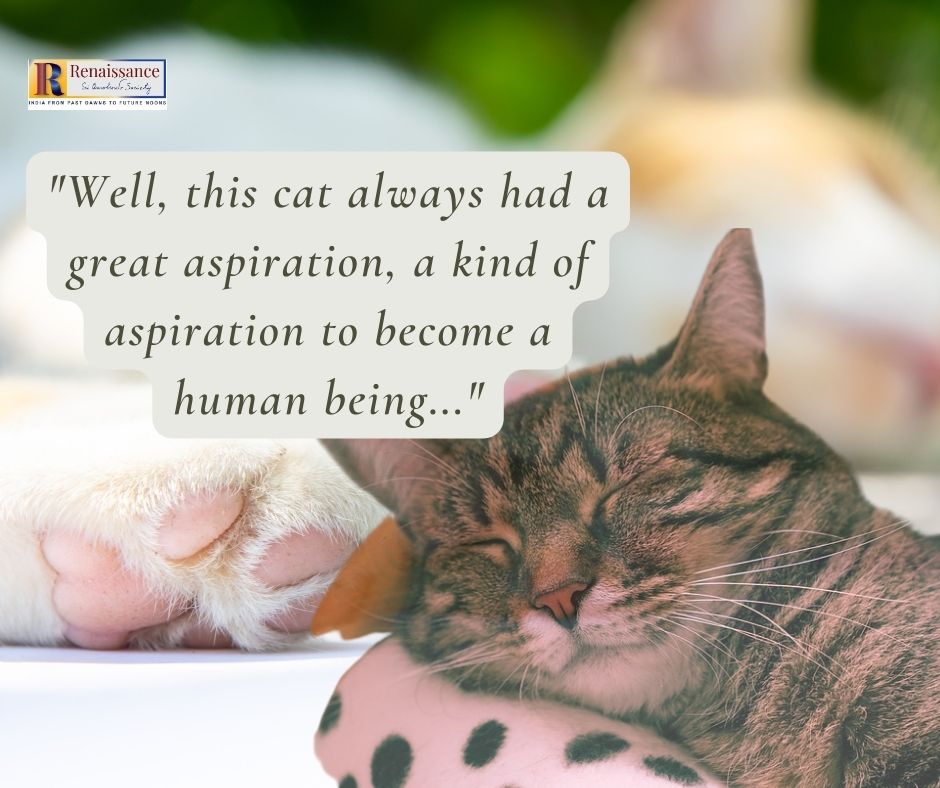
Q: In these cases is the psychic conscious?
The aspiration is conscious, yes, conscious. The aspiration was very conscious in it, very conscious. It is not a formed psychic as when the psychic becomes a completely independent being, it is not that; but it is an aspiration, it is an ardent aspiration for progress—as we, you know, we have the aspiration to become supramental beings instead of remaining human beings, well, it was something absolutely similar: it was a cat doing yoga—exactly—to become a man.
It was perhaps because its mother had in it a movement, a formation, an emanation of consciousness which had belonged to a human being; it is probably that which had left a kind of nostalgia for the human life which gave it this intensity of aspiration. But truly it did yoga for that.
~ The Mother, CWM, Vol. 7, pp. 98-100
Also see: Man and Nature

An “incorrigible” need
I have seen pet animals which truly had a sort of inner need to become something other than what they were. I knew dogs which were like that, cats, horses and even birds like that. The outer form was inevitably what it was, but there was something living and perceptible in the animal which was making an obvious effort to achieve another expression, another form.
And every man who has gone beyond the stage of the animal man and become the human man truly has what I might call an “incorrigible” need to be something other than this thoroughly unsatisfactory semi-animal—unsatisfactory in its expression, its means of expression and its means of life.
So the problem is this: Will this imperious need be effective enough in its aspiration for the form itself, the species, to develop and transform itself, or will it be only this thing, this imperishable consciousness in the being, which will leave this form when it perishes to enter into a higher form which, besides, as far as we can see now, does not yet exist?
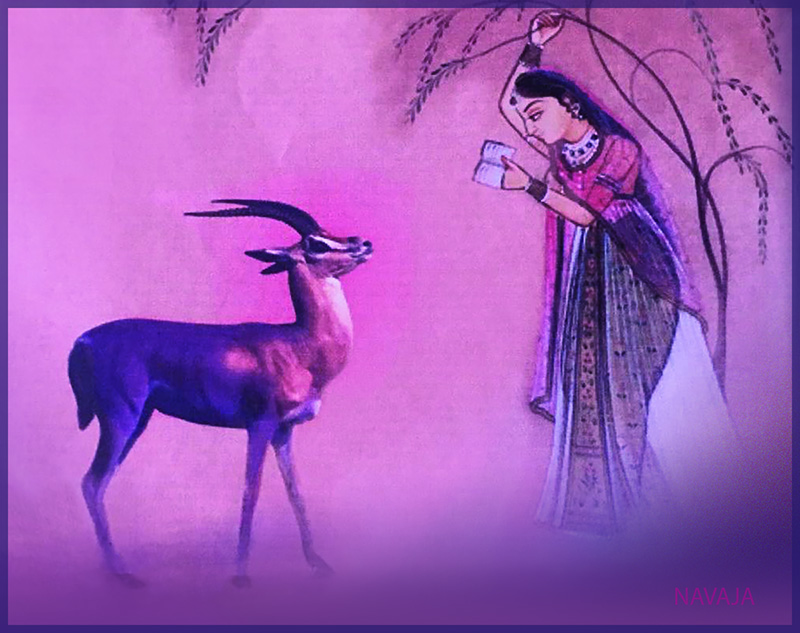
And the problem before us is: How will this higher form be created? If we consider the problem, it becomes very interesting. Is it by some process which we have to imagine, that this form will gradually transform itself in order to create a new one, or is it by some other means, a means still unknown to us, that this new form will appear in the world?
That is, will there be a continuity or will there be a sudden appearance of something new? Will there be a progressive transition between what we now are and what our inner spirit aspires to become, or will there be a break, that is, shall we be obliged to drop this present human form and wait for the appearance of a new form—an appearance the process of which we do not foresee and which will have no relation with what we are now?
Can we hope that this body which is our present means of earthly manifestation, will have the possibility of transforming itself progressively into something which will be able to express a higher life, or will it be necessary to give up this form entirely to enter into another which does not yet exist on Earth?
~ The Mother, CWM, Vol. 9, pp. 233-234

~ Gazelle artwork by Navaja Llope
~ Other design: Beloo Mehra

